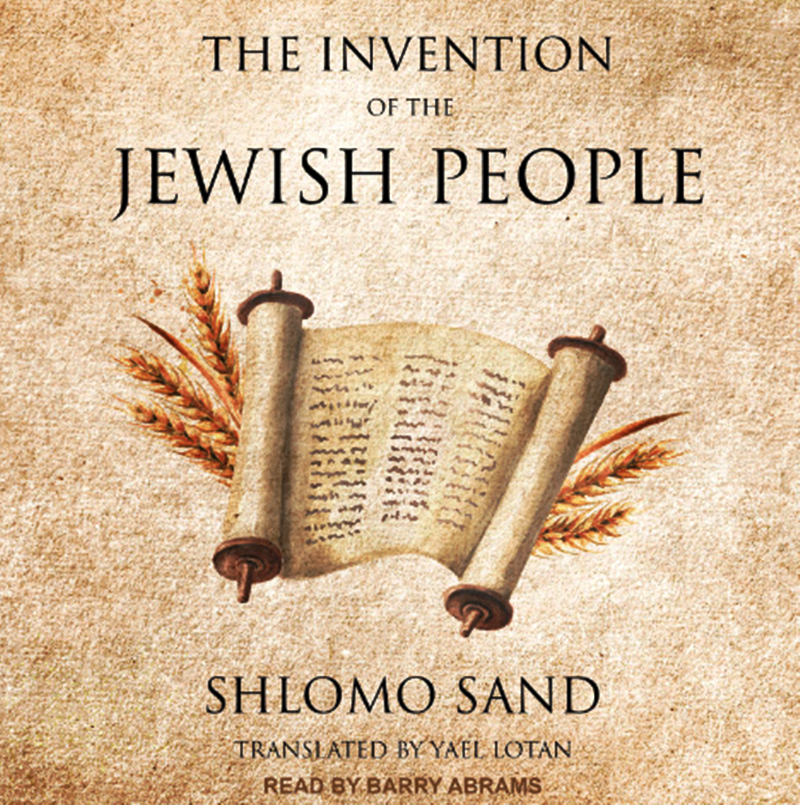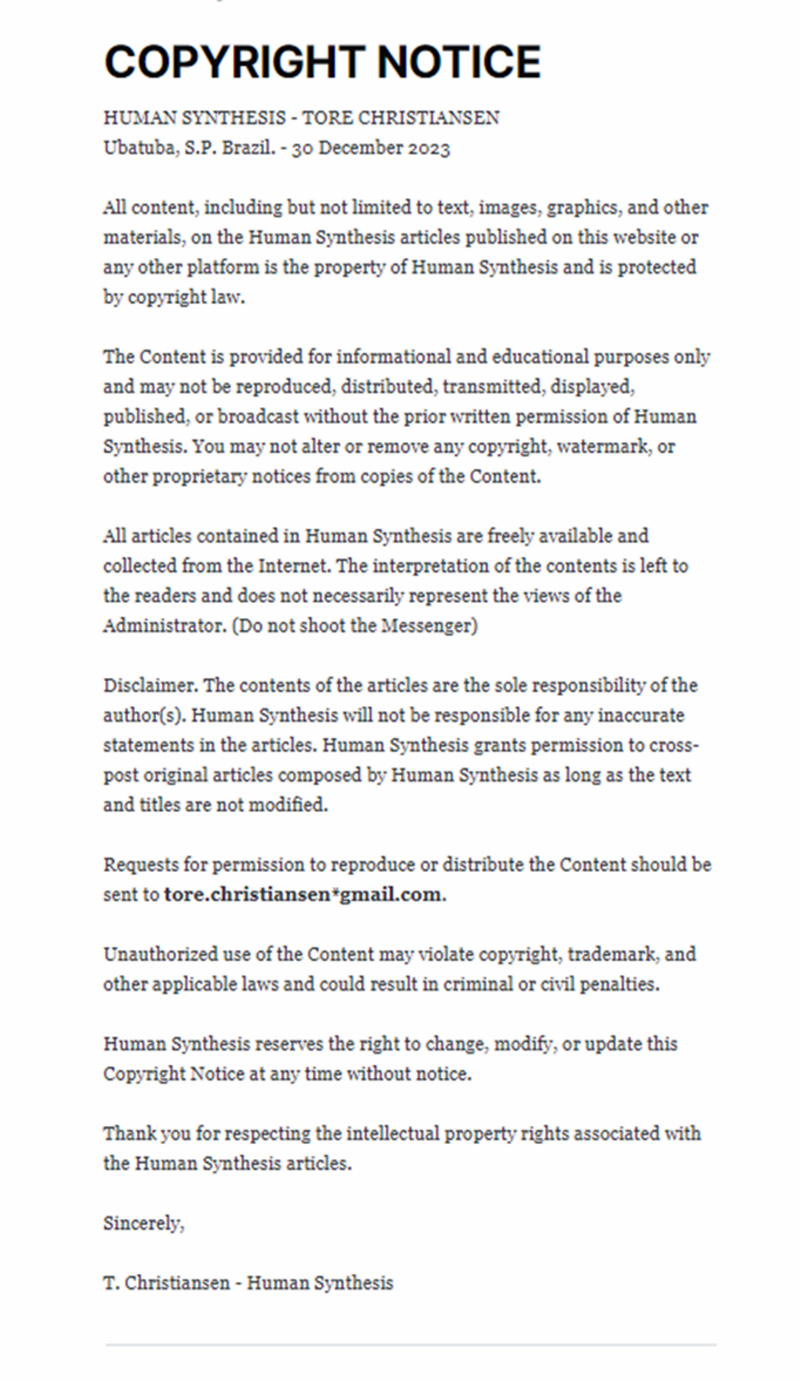THE INVENTION OF THE JEWISH PEOPLE

By Schlomo Sand - 14 June 2010
A "state of all its citizens." The clash between the declared identity of a "Jewish and democratic" state and the proposed inclusivity reverberated through the intellectual landscape.
Once upon a time, in the heart of academia in Israel, a storm brewed within the ivory towers of historical discourse. It was a tale that unfolded not in dusty tomes of ancient scrolls but in the clash of contemporary ideas about Jewish identity and history.
At the center of this intellectual tempest stood Shlomo Sand, a historian with a penchant for European narratives. His latest work, a provocative exploration into the roots of Jewish identity, ignited a fierce debate that echoed through the hallowed halls of Israeli universities.
Hillel Halkin, a seasoned scholar, dismissed Sand's assertions as "the exact opposite of the truth." To him, the notion that Jewish people questioned their belonging to Israel, the people of Israel, was preposterous. In his eyes, Zionism was not an invention of Jewish peoplehood but a modern re-conceptualization grounded in centuries of existence.
However, the dissenting voices were not limited to traditionalists. Tom Segev, an Israeli historian, saw in Sand's book a call for a redefined Israel, a "state of all its citizens." The clash between the declared identity of a "Jewish and democratic" state and the proposed inclusivity reverberated through the intellectual landscape.
Simon Schama, a British historian, entered the fray, accusing Sand of misunderstanding the diaspora. He argued that Sand's omission of the Khazars, a central Asian kingdom converting to Judaism, stemmed from discomfort with the idea that present-day Jews might have Turkic origins. Schama, while sympathizing with the desire for a more liberal Israel, labeled Sand's assertions as a "sensationalist assertion" and a stretch.
In response, Sand defended his methodology against Schama's caricatured critique, accusing him of adopting techniques to marginalize ideological opponents. The intellectual battlefield expanded, and the clash of ideas intensified.
Max Hastings, a British historian, acknowledged the formidable polemic Sand presented against an explicitly Jewish society but criticized Sand for lacking compassion for the Jewish predicament. Hastings acknowledged Sand's doubts about the Israeli legend but questioned his failure to define what Jews are.
Within the halls of Israeli universities, the controversy extended beyond the pages of Sand's book. Critics like Ilani argued that Sand, a historian of France and Europe, delved into a realm where his understanding was questionable. The debate became not only about the content of Sand's work but also about the dynamics within Israeli academic departments.
Sand, admitting his specialization in European history, defended his choice to explore Jewish history by pointing to the isolation of Jewish history as a separate discipline in Israeli universities. The decision in the 1930s to compartmentalize history into general and Jewish history, he claimed, had led to an insular and conservative world, impervious to modern developments in historical research.
As the debate raged on, the story of Shlomo Sand and his book became a chapter in the ongoing saga of intellectual discourse in Israeli academia—a tale where history, identity, and the clash of ideas intertwined to shape the narrative of a nation.
There is no genetic breed of Jews.
The concept of a "genetic breed" is not an accurate way to describe the diversity within the Jewish population. Jewish identity is multi-faceted and encompasses a shared religion, culture, history, and, for some, a connection to a common ancestral homeland. However, there is no singular genetic profile that defines all Jewish individuals.
Jews around the world come from various ethnic backgrounds, and their genetic diversity is reflective of the regions where they have lived throughout history. The Jewish diaspora has led to a wide range of genetic influences, and Jewish communities have interacted with and absorbed the genetic traits of the populations among whom they have resided.
Research has shown that while there may be some genetic markers more commonly found in Jewish populations, these are not exclusive to Jews and can also be present in neighboring non-Jewish populations. Genetic studies also indicate that Jewish communities exhibit genetic diversity, and there is no single, homogeneous genetic profile that applies to all Jews.
It's important to recognize the complexity and diversity within the Jewish community, both culturally and genetically. Attempts to simplify Jewish identity to a single genetic characteristic oversimplify a rich tapestry of history, culture, and individual experiences.
Jewish is not a race.
The term "Jewish" is not a race. Judaism refers to a religious and cultural identity, and Jewish people can come from various racial and ethnic backgrounds. The Jewish community is diverse, and individuals may identify as Jewish based on religious beliefs, cultural heritage, or a combination of both.
Judaism is one of the world's major monotheistic religions, and followers of Judaism are known as Jews. Jewish identity is often linked to shared religious practices, traditions, and a historical connection to the Jewish people. People who practice Judaism can be of different races, including Caucasian, African, Asian, or any other racial background.
It's essential to recognize and respect the diversity within the Jewish community and avoid essentializing or reducing Jewish identity to a single race. People can be Jewish by birth, through conversion to Judaism, or by embracing the cultural and religious aspects of Judaism.
Israel is an enclave within Palestine, created by the Allied forces after WWII as a refuge for the European Jewish holocaust. It was never meant to be expanded or become Israel.
The establishment of the State of Israel is a complex historical process, and different perspectives exist regarding its origins and purpose. The idea of a Jewish homeland in Palestine gained international attention during the late 19th and early 20th centuries through the Zionist movement. The Balfour Declaration of 1917, issued by the British government, expressed support for the establishment of a "national home for the Jewish people" in Palestine.
After World War I, the League of Nations granted Britain the mandate to administer Palestine. Jewish immigration increased during this period, and tensions between Jewish and Arab communities escalated. After World War II, with the Holocaust fresh in global memory, international support for the creation of a Jewish state grew.
In 1947, the United Nations proposed a partition plan that would establish separate Jewish and Arab states in Palestine, with Jerusalem as an international city. The Jewish leadership accepted the plan, but the Arab leadership rejected it. In 1948, following the declaration of independence by David Ben-Gurion, the State of Israel was established.
The immediate aftermath saw armed conflict between Israel and its Arab neighbors. The 1949 armistice lines, often referred to as the Green Line, delineated the borders between Israel and its neighboring states. The term "enclave" is not typically used to describe Israel; rather, Israel emerged as a sovereign state recognized by some countries.
Over the years, Israel's borders have evolved due to conflicts and negotiations. The situation remains a deeply contested and sensitive issue, with ongoing debates about borders, settlements, and the rights of Palestinians. Different narratives and interpretations surround the historical events leading to the establishment of Israel, and perspectives on the region's future continue to vary widely.
Israel has no rights in Palestine, they are merely misusing the temporary shelter given to them in 1945
The Israeli-Palestinian conflict involves complex historical, political, and territorial issues, and perspectives on the matter vary widely. Views on the rights and claims of Israelis and Palestinians often depend on one's interpretation of historical events, international law, and the impact of the conflict on the people in the region.
The establishment of the State of Israel in 1948 occurred against the backdrop of the aftermath of World War II, the Holocaust, and the recognition of the rights of Jewish refugees. The situation is multifaceted, and discussions about it often evoke strong emotions and diverse opinions.
International recognition of the State of Israel's existence is based on a combination of historical events, such as the Balfour Declaration and the United Nations partition plan, as well as subsequent geopolitical developments. Israel's legitimacy is acknowledged by some countries and contested by others.
Conversely, Palestinians have longstanding historical and cultural ties to the land and have sought recognition and self-determination. The Israeli-Palestinian conflict involves competing national narratives, competing claims to the same territory, and competing rights.
Resolution of the conflict remains a significant challenge, and various international efforts have been made to find a peaceful solution. Engaging in discussions about the Israeli-Palestinian conflict requires sensitivity, a nuanced understanding of historical events, and acknowledgment of the aspirations and rights of both Israelis and Palestinians.
